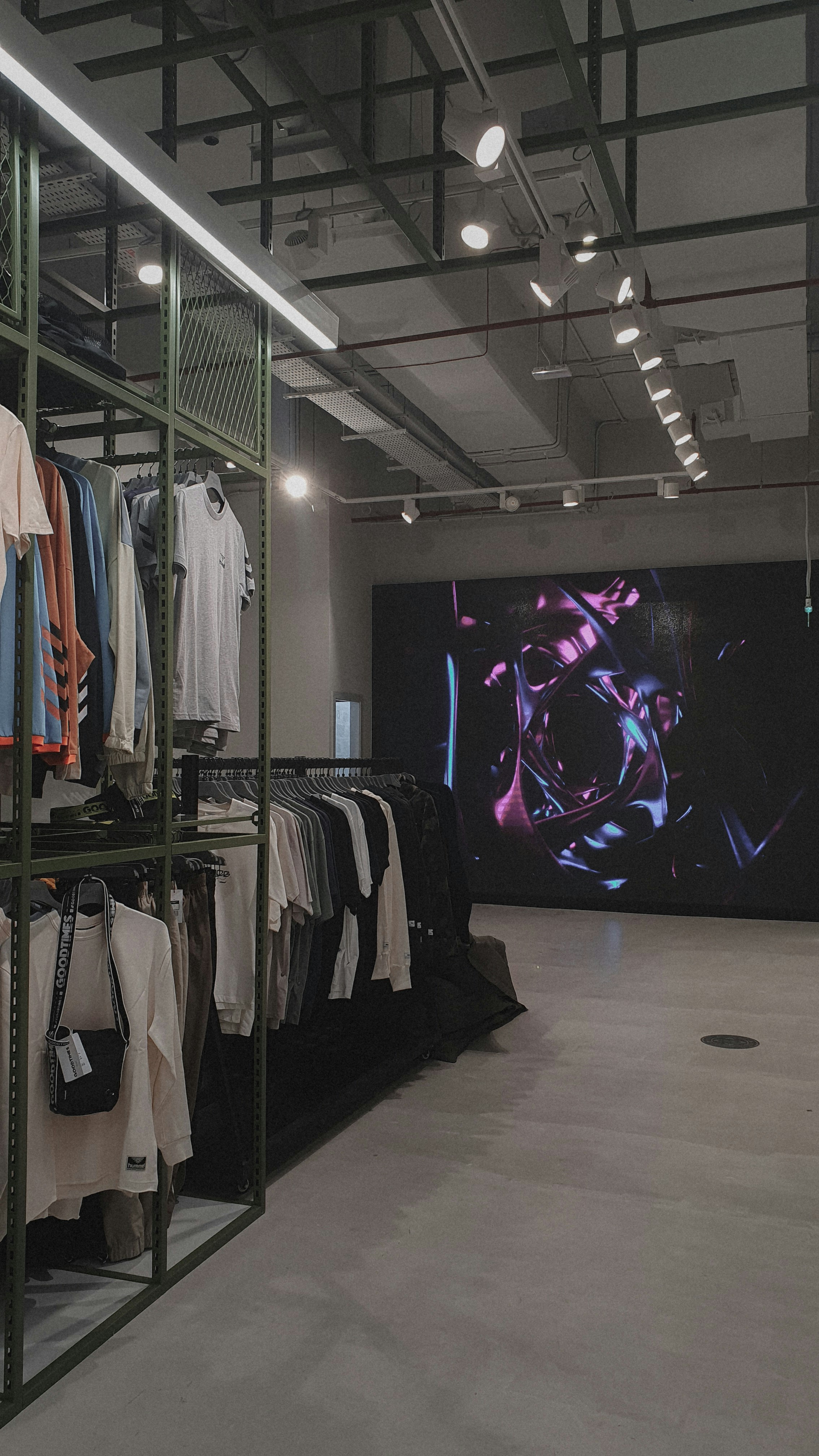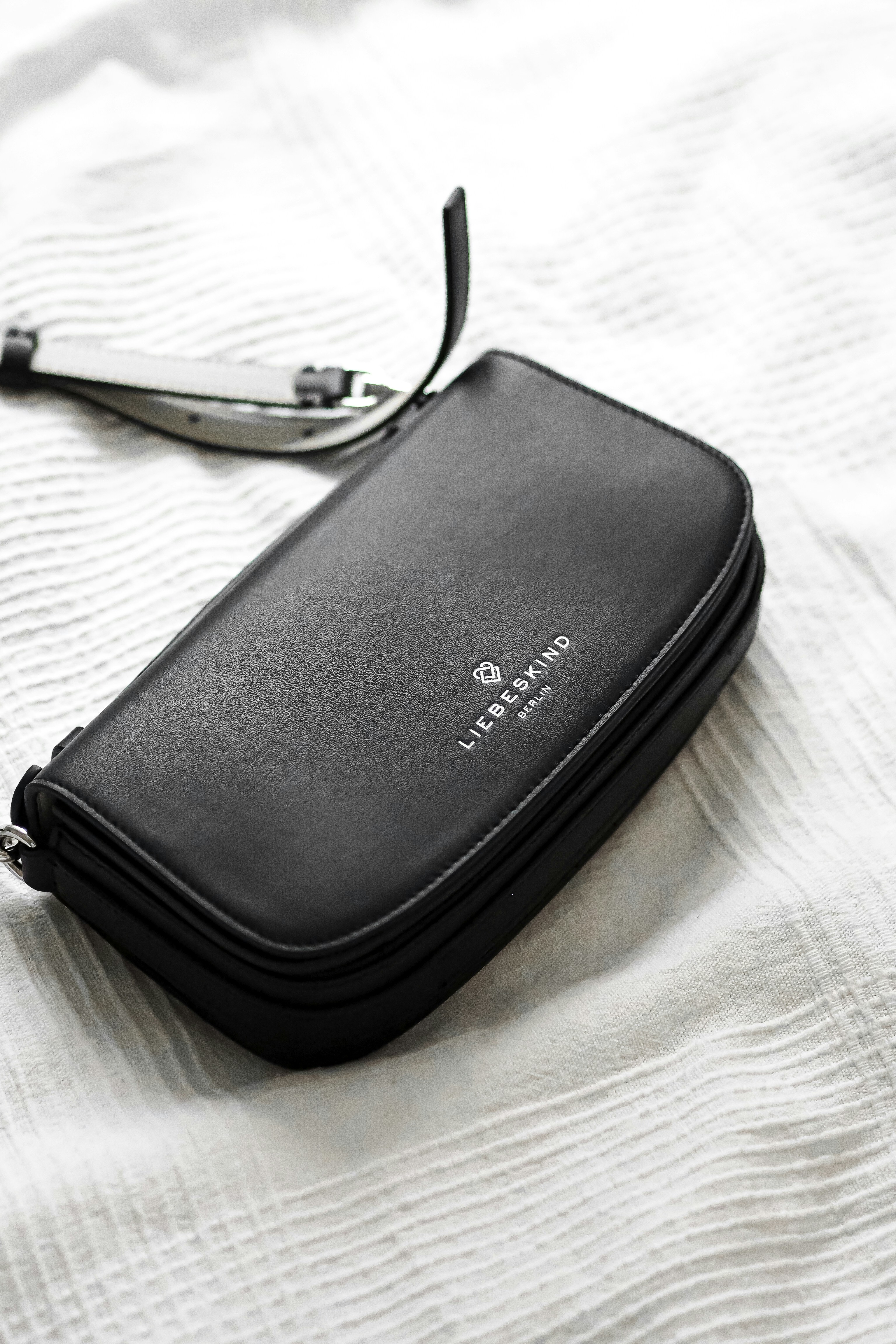The Origins of Theory: A New Wave in Fashion
The founding of Theory in 1997 marked a significant moment in the evolution of modern fashion, offering a fresh perspective that resonated profoundly with the socio-economic environment of the late 1990s. Conceived by founders Andrew Rosen and Elie Tahari, Theory was envisioned as a response to the ostentation and excess prevalent in contemporary styles at that time. The duo sought to create a brand that would emphasize simplicity and sophistication, bringing together comfort and elegance in a way that had been largely overlooked.
At its inception, Theory was not only influenced by the aesthetic preferences of the general public but also by a burgeoning interest in minimalist design principles. The late 1990s ushered in a desire for practicality and functionality in clothing, as urban dwellers sought wardrobe solutions that could accommodate the fast-paced nature of their lives. This aligning trend allowed Theory to carve a niche, focusing on the development of timeless pieces that seamlessly blended into the everyday lives of professionals.
The brand’s philosophy was straightforward yet revolutionary: to create foundational garments that would endure beyond fleeting fashion trends. By utilizing high-quality materials and streamlined silhouettes, Theory established itself as a go-to label for minimalist workwear. The intent was clear: to provide attire that could navigate from day to night with ease, while ensuring the wearer felt poised and confident at every occasion.
This approach resonated with a generation eager for meaningful investment pieces rather than disposable fashion. Theory’s dedication to crafting versatile and understated designs helped secure its place in the evolving landscape of contemporary fashion—solidifying its position as a leader in minimalist workwear and reflecting a wider cultural shift towards functionality and lasting style.
Defining Minimalism: The Aesthetic and Philosophy Behind Theory’s Design
Minimalism, as an aesthetic and philosophical approach, emphasizes simplicity and functionality, a principle that has become deeply ingrained in the design ethos of Theory, the modern brand that has transformed minimalist workwear since its inception in 1997. At the heart of this minimalist aesthetic is the commitment to clean lines, which not only create a sense of order and calm but also enhance the versatility of garments. By avoiding unnecessary embellishments, Theory designs allow consumers to mix and match effortlessly, catering to the diverse needs of a dynamic work environment.
The palette employed by Theory is predominantly neutral, featuring hues such as blacks, whites, grays, and muted earth tones. This selection of colors plays a pivotal role in the brand’s ability to appeal to the contemporary professional’s wardrobe requirements. By utilizing neutral shades, Theory garments can be seamlessly integrated into various outfits, ensuring that wearers can transition from business meetings to casual outings without compromising style or professionalism.
Furthermore, Theory’s dedication to high-quality fabrics is instrumental in their minimalist approach; the choice of materials significantly impacts both the functionality and aesthetic of the clothing. Fabrics such as wool, cotton, and technical blends are not only durable and easy to care for, but they also enhance the overall experience of the wearer by providing comfort and breathability. These qualities align with the principles of minimalism, which seek to elevate everyday clothing into something both practical and sophisticated.
Key collections from Theory exemplify this minimalist philosophy, showcasing how thoughtful design translates into clothing that meets the practical demands of modern life. From tailored blazers to streamlined trousers, each piece reflects a commitment to a style that is timeless yet contemporary. Ultimately, the minimalist aesthetic that Theory has adopted serves as a beacon for professionals seeking to simplify their wardrobes while maintaining an air of elegance.
The Stretch Blazer: A Signature Piece of Theory’s Collection
The Theory stretch blazer has become an emblematic piece within the brand’s collection, seamlessly blending modern style with innovative fabric technology. Constructed from a unique stretch fabric, this blazer provides both comfort and structure, redefining traditional workwear. The materials used allow for an exceptional range of motion, making it ideal for individuals who require flexibility in their professional attire. This innovative approach is distinctive, as it combines the tailored look of a classic blazer with the ease of stretch fabrics, appealing to the contemporary consumer.
Customer testimonials highlight the blazer’s remarkable fit and versatility. Many users have praised its ability to transition effortlessly from a day at the office to an evening out, emphasizing its stylish adaptability. The blazer can be paired with various pieces, such as tailored trousers for a polished look or jeans for a more casual ensemble. This flexibility makes the stretch blazer not just a piece of clothing, but a staple in any modern wardrobe.
The structure of the stretch blazer is carefully designed to maintain a sharp profile while providing the comfort of everyday wear. The inclusion of thoughtful features, such as lapels, pockets, and sophisticated tailoring, elevates the overall aesthetic without compromising on functionality. Theory’s commitment to quality craftsmanship ensures that each blazer retains its shape and elegance, even after repeated use. This hallmark piece encapsulates Theory’s ethos—merging style with practicality—and has become a defining aspect of the brand’s identity in the competitive landscape of contemporary workwear.
Theory’s Influence on Modern Workwear and Fashion Trends
The emergence of Theory in 1997 marked a pivotal moment in the evolution of minimalist workwear, fundamentally reshaping how professionals approach fashion in the workplace. The brand’s signature aesthetic emphasizes clean lines, neutral colors, and versatile pieces that effortlessly transition from day to evening. This minimalist approach has influenced not only the way individuals curate their wardrobes but also how brands conceptualize modern work attire.
By championing an understated aesthetic, Theory has led the charge in positioning workwear as not just functional but also fashionable. Its influence extends beyond its own collections, inspiring both high fashion and mass-market brands to adopt similar principles. The minimalistic design philosophy has fostered the rise of “smart casual” dress codes, where comfort meets sophistication, thus redefined professional attire while allowing for greater personal expression. The brand’s ability to blend practicality with style has disrupted traditional industry standards, leading competitors to rethink their offerings and adapt to a rapidly evolving market.
One of the hallmarks of Theory’s influence is its commitment to sustainability and ethical practices. As conscious consumerism becomes more prevalent, Theory has sought to incorporate eco-friendly materials and ethical production methods into its collections. This dedication not only resonates with consumers but also sets a benchmark for other brands within the industry to follow. The potential for sustainable practices to become integral to mainstream workwear design reflects a significant shift in market dynamics.
Looking to the future, the minimalist workwear trend championed by Theory is likely to continue evolving. With an increasing emphasis on sustainability and functionality, brands may further explore innovative designs that align with environmental awareness. The enduring legacy of Theory serves as a reminder that impactful design can emerge from simplicity, paving the way for future trends in the fashion industry.






